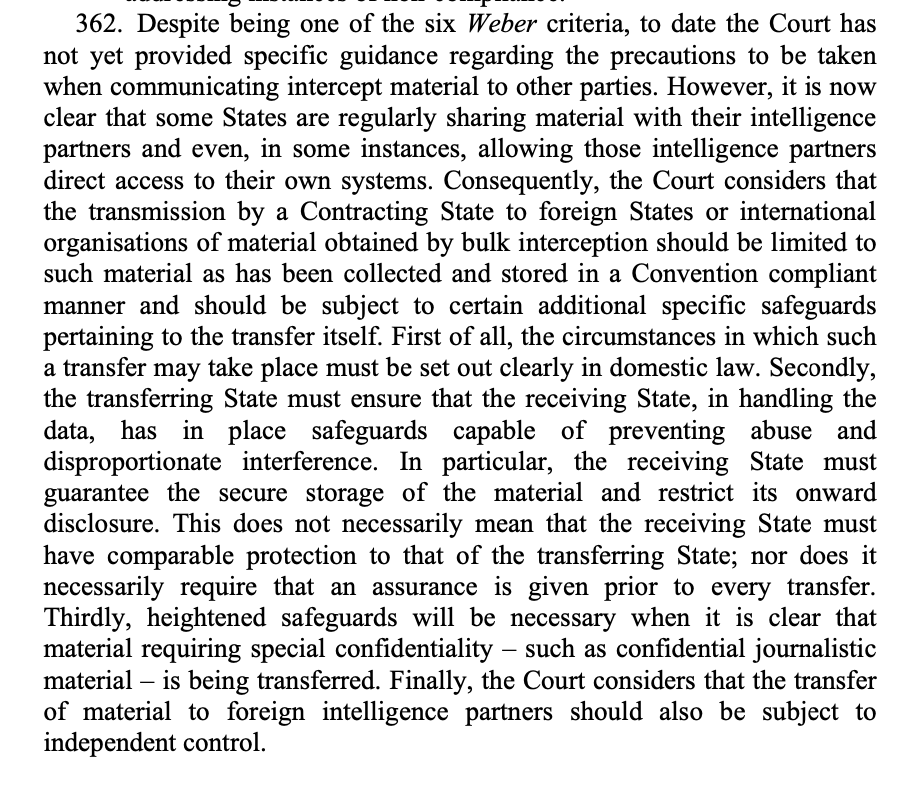
Hey Microsoft Research people who think that constant facial emotion analysis might not be a great thing (among others), what do you think of this proposed Teams feature published at CHI to spotlight videos of audience members with high affective ‘scores’? microsoft.com/en-us/research… 
https://twitter.com/MSFTResearch/status/1392904046537756676

Requires constantly pouring all face data on Teams through Azure APIs. Especially identifies head gestures and confusion to pull audience members out to the front, just in case you weren’t policing your face enough during meetings already. 

Also note that Microsoft announced on Tuesday that it is opening up its Teams APIs to try to become a much wider platform to eat all remote work, so even if Teams didn’t decide to implement this directly, employers could through third party integration! protocol.com/newsletters/so…
Meanwhile yesterday (can’t make it up) Microsoft prez Brad Smith concerned about powerful entities able to watch you like 1984, that technology might be racing ahead.
Well it will do Brad if you flog face surveillance as a service to employers… bbc.com/news/technolog…
Well it will do Brad if you flog face surveillance as a service to employers… bbc.com/news/technolog…

‘if we’re not careful it could come to pass’ — maybe being careful means tell the corporation you lead not to design, build and deploy these things (even speculatively; this paper is not yet a product) as literal infrastructures underpinning the majority of online meetings!
Usually I think that Microsoft Research is far far away from product in Microsoft, and often that is true. However Teams seems closer. The overlapping team that wrote this paper also designed Together Mode for teams, which was rapidly deployed last year. news.microsoft.com/innovation-sto…
The research team is driven by interesting Qs. Together Mode examined mental fatigue—useful! But running all faces through emotion APIs creates reusable, expandable computational infrastructure. HCI is very crap at evaluating its societal effects, as it lacks a theory of power. 

As a platform side note I was only made aware of this paper because Microsoft sent it to me this morning as a promoted tweet… that’s one method of societal engagement I guess. 

• • •
Missing some Tweet in this thread? You can try to
force a refresh














